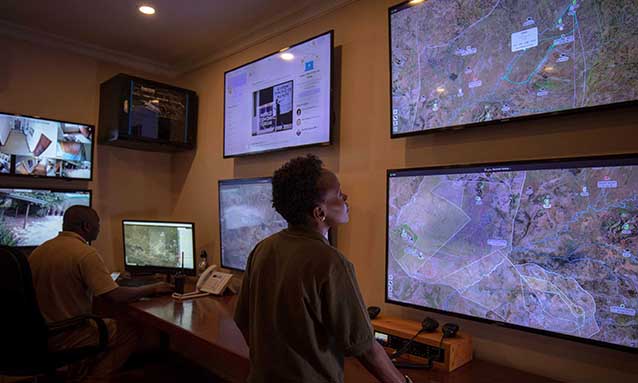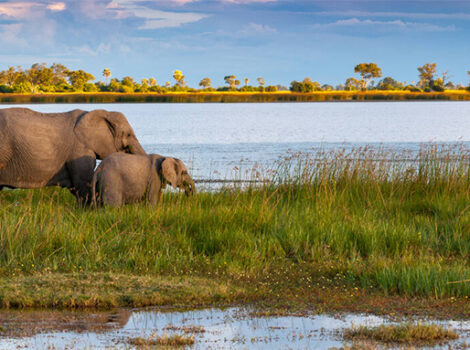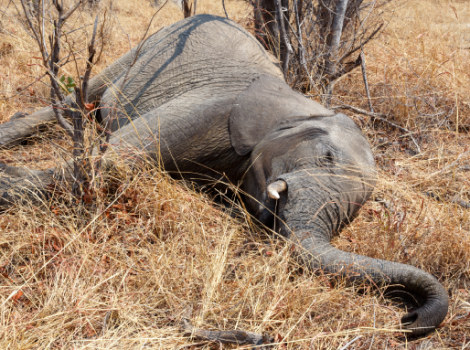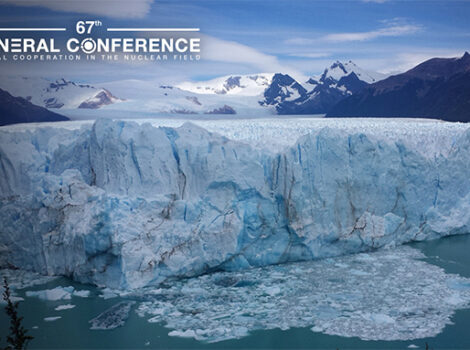
Supports management of 4.9 million hectares of Protected Areas in Botswana, Mozambique, Republic of Congo
The Global Environment Facility (GEF) Council has approved a US$7.2 million project to deploy EarthRanger to improve the management of 4.9 million hectares of terrestrial Protected Areas in three African countries. The investment will help enhance real-time prevention and response to escalating threats of poaching, human-wildlife conflicts and habitat loss.
Since its inception in 2015, EarthRanger has helped Protected Area managers, ecologists, and wildlife biologists make more informed and effective conversation-related decisions. In partnership with many conservation and technology partners , it is a software solution that combines real-time data from ranger patrols, remote imaging and various sensors to provide monitoring information that helps keep wildlife, habitats and communities safe.
Funded by a US$2.4 million GEF grant and US$4.8 million co-financing from partners, the three-and-a-half-year project (July 2022-March 2026) will be implemented in six Protected Areas: Botswana’s Chobe National Park (NP), Mozambique’s Limpopo and Zinave NPs and the Republic of Congo’s Nouabalé-Ndoki, Odzala-Kokoua and Conkouati-Douli NPs.
The partnership will allow for improved infrastructure such as operations rooms, vehicle and animal tracking devices, and communication networks such as digital radio systems and Long-Range Radio (LoRa). These improvements will increase the effectiveness of conservation technologies to protect critically important ecosystems that are often in areas with limited connectivity.
“Many Protected Areas in Africa are facing pressures that are leading to biodiversity loss and unchecked habitat destruction. Reversing these trends will require improved monitoring to better inform the adequate response and to improve the management of these important areas for biodiversity and people.
We see tremendous potential from EarthRanger’s technology and data collection, which will help Protected Area managers, ecologists and wildlife biologists make more informed operational decisions for wildlife conservation,” said Claude Gascon, the GEF’s Manager of Programs.
The Allen Institute for Artificial Intelligence (AI2), EarthRanger’s parent organisation and Conservation International will execute the project in partnership with Botswana’s Department of Wildlife and National Parks, Mozambique’s National Administration of Conservation Areas (ANAC), the Mozambique National Sustainable Development Fund, the Republic of Congo’s Ministry of Tourism and Environment, African Parks, Noé, Peace Parks Foundation and Wildlife Conservation Society.
“We’re proud to be serving a role in the protection of critically important areas for biodiversity across the world. We hope and expect that this partnership with the GEF will help these six parks become some of the most advanced Protected Areas in the world, giving them the infrastructure and capabilities that will make them examples for how technology can assist the women and men on the ground to protect and establish habitats where wildlife can thrive,” said Jes Lefcourt, Director of the EarthRanger program at AI2.
“The planet is facing a biodiversity crisis and these regions are home to a vast number of species that are important for the overall health and balance of their respective ecosystems. Innovative tools like EarthRanger will help support the protection efforts already underway in each of these African parks,” said Suzanne Ngo-Eyok, SVP from Conservation South Africa.
For the complete article: https://www.pressreleasepoint.com/new-gef-funded-project-deploy-earthranger-strengthen-protected-areas-africa-prevent-poaching-and



